Buddhist and Christian Perspectives on the Mind
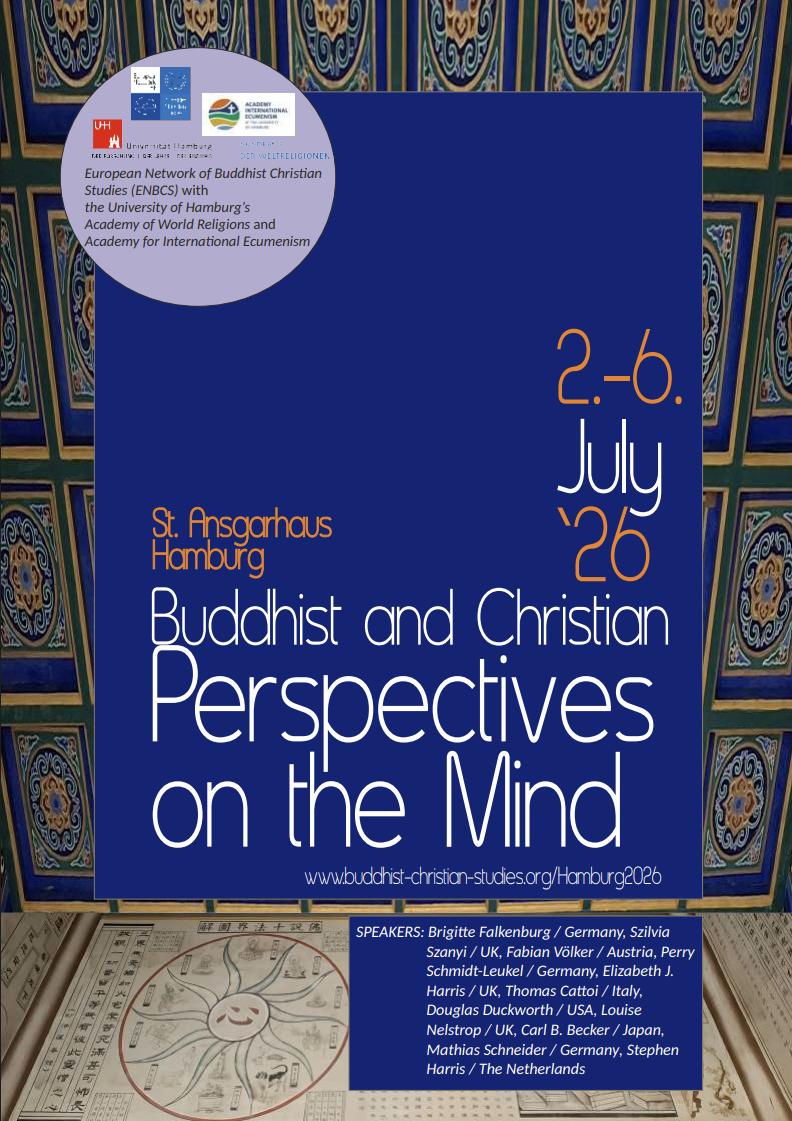
The topic of this conference is a sequel to the last one. After 2024’s “Buddhist Christian Dialogues on the Body”, the 2026 conference will present different aspects of the mind from Buddhist and Christian perspectives. Traditional conceptions of the mind, its possible transformation, its relation to ultimate reality and its role in conceptions of life after death will be discussed against the background of contemporary perspectives from neuroscience.
In addition to the invited papers there will be two sessions (with parallel groups) on Sunday morning for short presentations (20 mins) on any kind of topic related to Buddhist-Christian studies. This is an opportunity especially for upcoming scholars (but also more senior scholars) to report about their research projects. Proposals for the open presentations need to approved by the Network (please send them to Prof. Schmidt-Leukel: perrysl@uni-muenster.de).
Part of the conference will also be an open public event at the University of Hamburg in celebrating the Network’s thirtieth birthday with two presentations by Elizabeth Harris and Perry Schmidt-Leukel.


 On Saturday, October 11, 2025, during its annual conference at the Melchanthon Academy in Cologne, the
On Saturday, October 11, 2025, during its annual conference at the Melchanthon Academy in Cologne, the 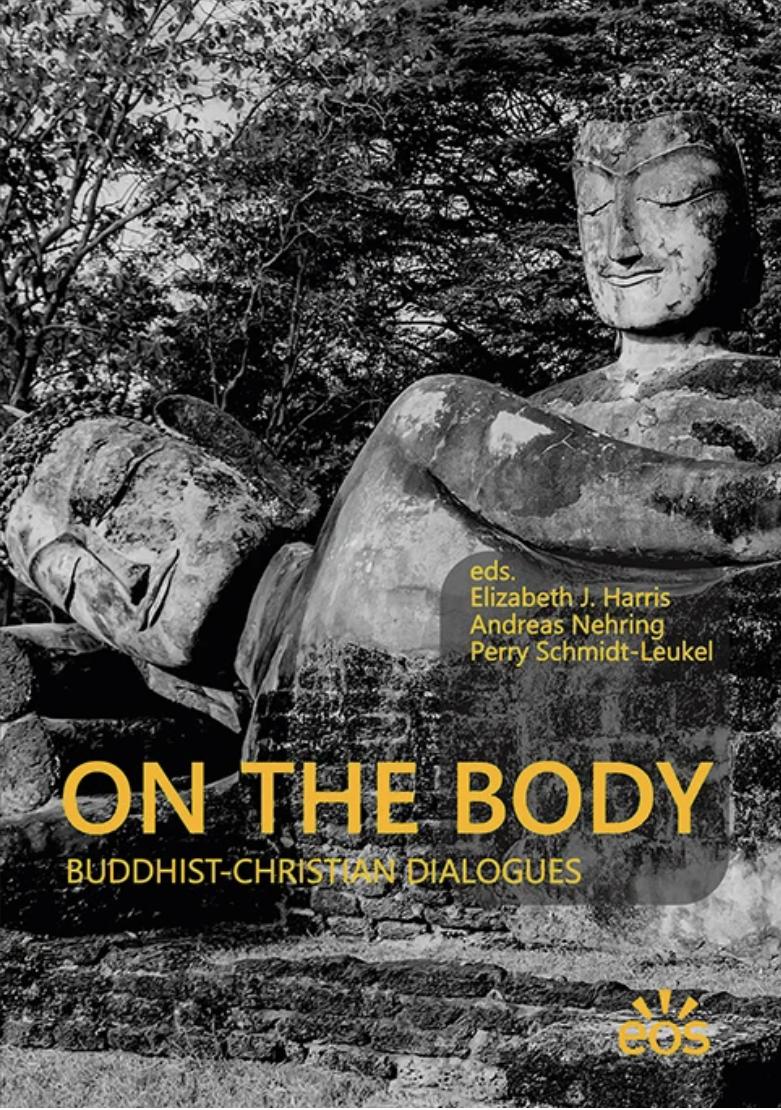 On the Body
On the Body Beyond Boundaries
Beyond Boundaries The Celestial Web: Buddhism and Christianity - A Different Comparison
The Celestial Web: Buddhism and Christianity - A Different Comparison Euro-Buddhism and the Role of Christianity
Euro-Buddhism and the Role of Christianity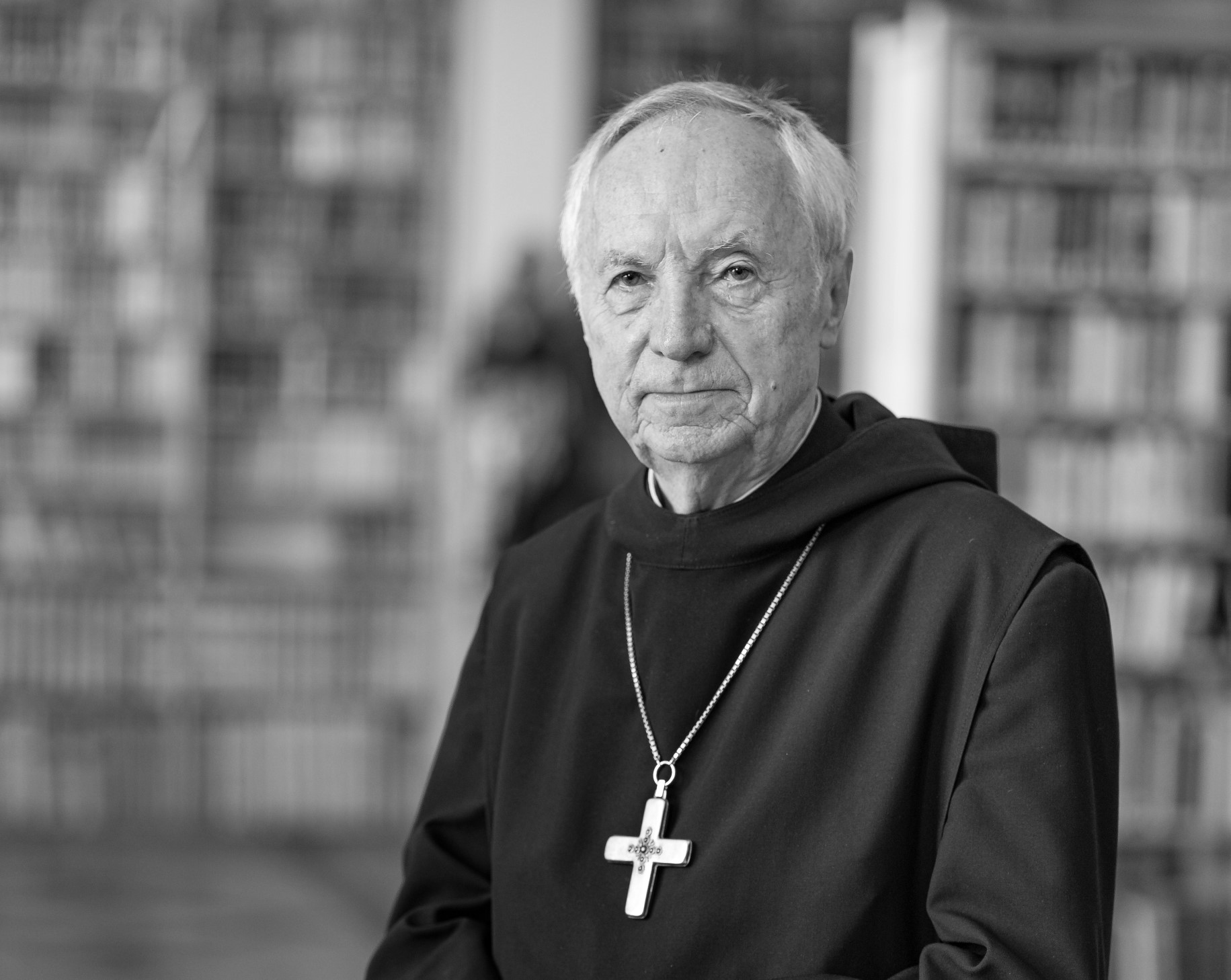 Very unexpectedly, Abbot Notker Wolf OSb of St. Ottilien died on April 2nd 2024. He was a pioneer in the dailogue of religions. As a young archabbot of St. Ottilien in 1979 he had invited a large group of buddhist monks and shintoist priests. This turned out to be a beginning of a long friendship between various Buddhist groups from East Asia and Ottilien, which continues til today. He also had generiously supported the work of the European Network of Buddhist Christian Studies. See also
Very unexpectedly, Abbot Notker Wolf OSb of St. Ottilien died on April 2nd 2024. He was a pioneer in the dailogue of religions. As a young archabbot of St. Ottilien in 1979 he had invited a large group of buddhist monks and shintoist priests. This turned out to be a beginning of a long friendship between various Buddhist groups from East Asia and Ottilien, which continues til today. He also had generiously supported the work of the European Network of Buddhist Christian Studies. See also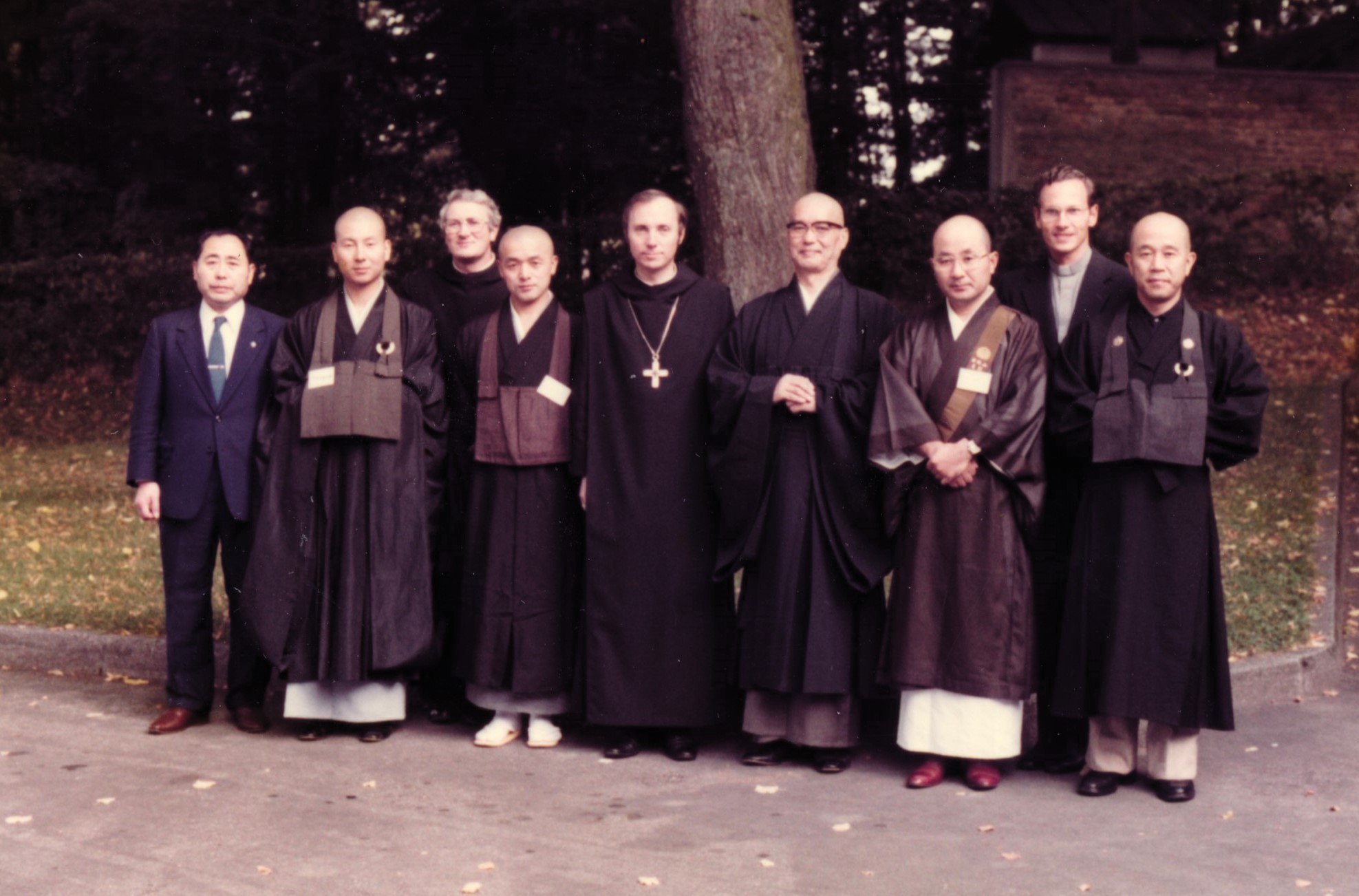
 DA! - Gedichte
DA! - Gedichte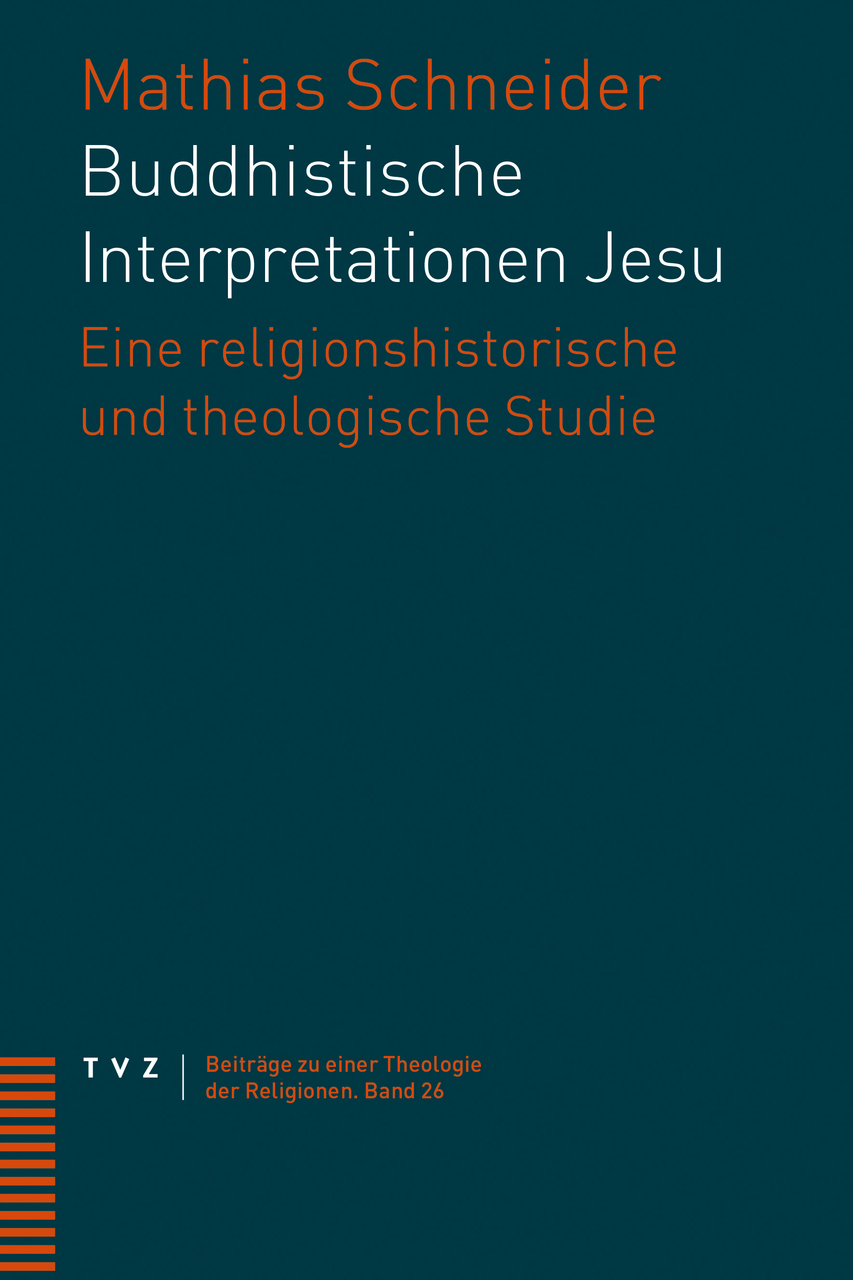 Buddhistische Interpretationen Jesu
Buddhistische Interpretationen Jesu Human existence is bodily existence. In their reflections on the body and in their bodily related practices, Buddhism and Christianity engage a crucial aspect of our being. In both traditions the spectrum of views is extremely broad ranging from outright condemnation of the body to its highest praise: “They have realized the deathless who have realized mindfulness directed to the body” (AN I 46), says the Pāli Canon. And in the New Testament we read “Do you not know that your bodies are temples of the Holy Spirit, who is in you, whom you have received from God?” (1 Cor 6,19).
Human existence is bodily existence. In their reflections on the body and in their bodily related practices, Buddhism and Christianity engage a crucial aspect of our being. In both traditions the spectrum of views is extremely broad ranging from outright condemnation of the body to its highest praise: “They have realized the deathless who have realized mindfulness directed to the body” (AN I 46), says the Pāli Canon. And in the New Testament we read “Do you not know that your bodies are temples of the Holy Spirit, who is in you, whom you have received from God?” (1 Cor 6,19).